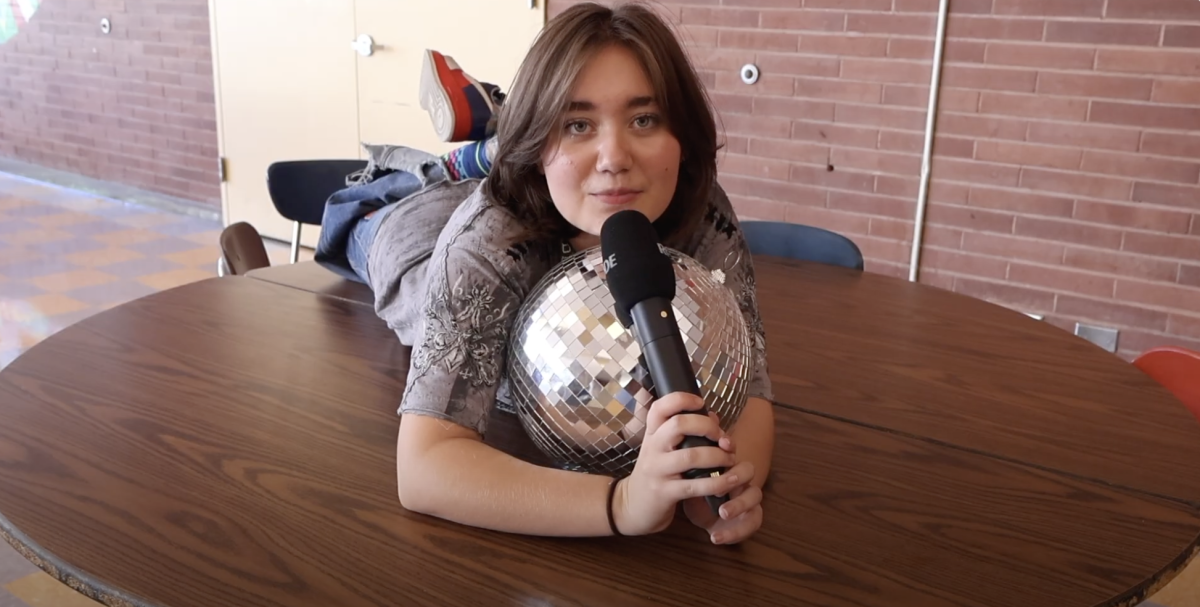Over three years ago, Oregon voters passed Ballot Measure 110. Approved by voters in 2020, Oregon Measure 110: The Drug Decriminalization and Addiction Treatment Initiative was designed to reclassify personal/non-commercial drug possession offenses. Possession of substances such as heroin, cocaine, methamphetamines and fentanyl were reclassified from a Class A misdemeanor to a Class E violation. This resulted in people with possession of these substances being charged a $100 fine or a completed health assessment. People who manufacture or distribute these substances, however, are still subject to a criminal penalty. The Oregon Criminal Justice Commission estimated that convictions for possession of dangerous substances would decrease by 3,689, or 90.7%. While the ideas presented by Measure 110 could work in theory, the reality of the situation has only gotten worse over the past 3 years it has been in effect, with many Oregonians now referring to measure 110 as a failed experiment.
The idea behind Measure 110 was to help encourage people with addiction to seek treatment options. This was done by changing the way police interacted with those caught with illegal substances. This was one of the arguments for Measure 110 as many believed the reason those with addiction did not search for treatment. “Instead of caring for people, offering appropriate treatment, we have decided to incarcerate them and by incarcerating them, we take away the very things that allow their recovery,” said Andy Seaman, an addiction specialist and assistant professor of medicine at the Oregon Health and Science University. The process would go as follows: officers would hand someone a ticket, along with a treatment hotline number. If the person called the number, then the $100 fine would go away. However, as of February 15, 2024, fewer than 600 people have called the hotline over the last three years.
The “helpline” was launched alongside Measure 110 and was supposed to give ticketed individuals a voluntary way to get support and to avoid a $100 fine. However, according to the OHA (Oregon Health Authority), fewer than 600 people have reached out to the helpline over the last three years. This has been an issue since the launch of Measure 110 as officers would hand out a ticket, but the person caught would never call the number and the ticket would go unpaid. This was the reality of Measure 110’s attempt to decriminalize the possession of drugs.
On January 23, 2024 Oregon lawmakers released a framework for legislation to address the current state of drugs and Measure 110. The new proposal being that Measure 110 would be changed from a Class E violation to a Class C misdemeanor. This means the maximum sentence of a Class C misdemeanor is 30 days in jail, and a $1,250 fine. The rework shares a similar rule to that of the original, being that the person charged with possession of drugs could avoid the fee if they completed a behavioral health screen and case worker intervention called the “Deflection Program.” Those who manufacture and distribute drugs will still earn a higher sentence if the deal was made. Other aspects of the framework are to increase access to behavioral health care and drug treatment programs. By raising the charge of being caught with drugs, Measure 110 hopes to get more callers.
As of February 19th, southern Oregon lawmakers introduced a bill that would repeal Measure 110. Proposed by Oregon Senator David Brock-Smith, the bill would increase the penalties for possession of drugs and would redirect treatment dollars collected from the OHA to Oregon counties. This year’s legislature’s discussion of the repeal bill is due to end March 10, 2024.









